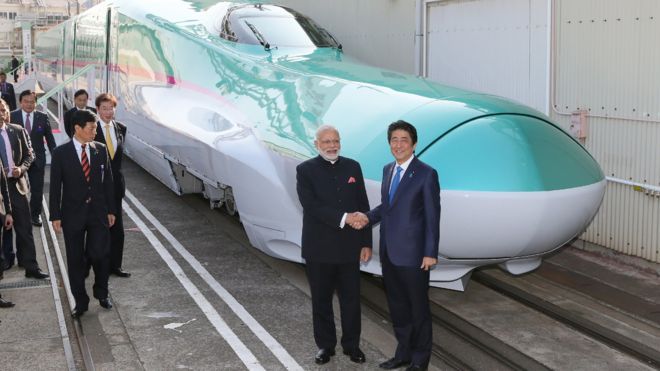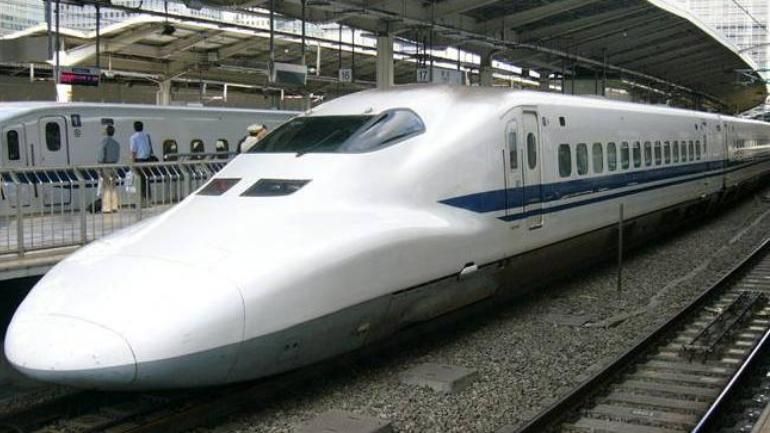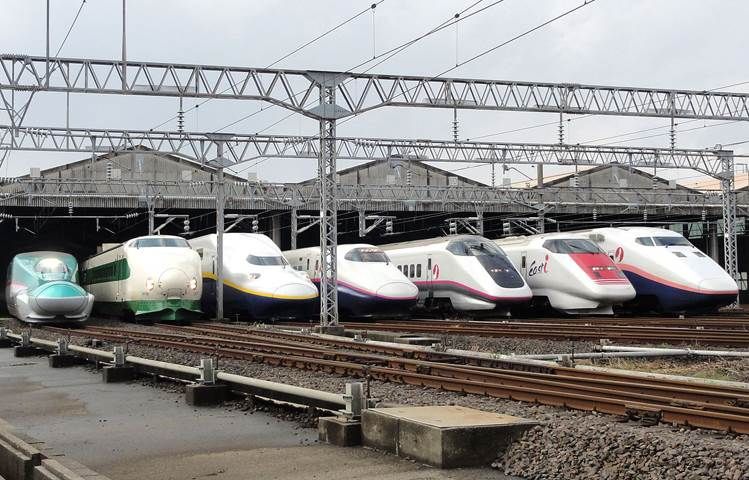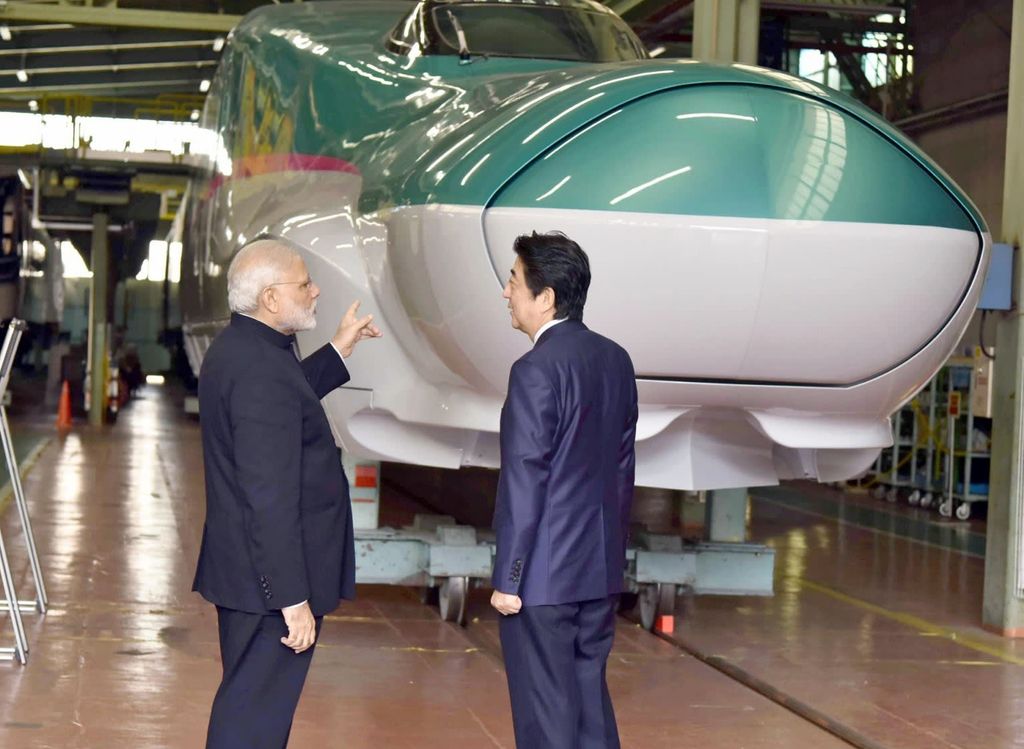Bullet Trains: Pros And Cons
Jun 14, 2019 • 129 views

Bullet Train in India is one of the trendiest topics in India. With the promise of Acche Din, Narendra Modi government devoted 200 crores for bullet train project. It is to ensure that Indians never stay behind in terms of speed and technology. Mr. PM had a talk about the same with Japan and China.
Now, the question is that is bullet train really needed in India?
There are positive reasons about the project and there are reasons which make us think if this is really the first priority of a nation with majority of the population below poverty line. We have to look at it from all point of views and generate our own opinion on this.

PROS-
SPEED
Bullet trains ensure speed and it was one of the main reasons why it was proposed in our country. Major cities and their connectivity to towns and villages of economic growth face the problem of fast transportation. This proposal would save time and boost businesses among the connected cities and towns. Decrease in commuting time is greatly required in Delhi and Mumbai and other metro cities.
RELATION BETWEEN INDIA AND JAPAN
Japan and India have a huge possible potential to collaborate, just as the Maruti Suzuki three decades ago helped India become a major player in the automobile business.

COMFORT
Bullet trains will provide a completely comfortable journey utilising high technology. Making up of the comfort level of train journeys have been missing in Indian railways and the introduction of bullet trains would provide comfort resulting in great development in this sector.
TECHNOLOGY
As technology progressed in India, the production cost to many projects came down quite quickly. ISRO could send objects to Mars at lower costs than a Bollywood movie. The same could happen in bullet trains. Even if we import the tech from Japan now, 20 years from now, India could learn enough to become a major innovator in this sector.
CONS-
COST
The cost of laying a bullet-train corridor is estimated to cost up to Rs 100 crore a kilometre. After calculating all the costs like costs of signals and stock, the cost can rise up to Rs 115 crore a km. Operation, supply and up keeping costs would also be high.
LAND
There would be issues of land acquisition which might cause anger amongst locals whose everyday living might come under threat for laying tracks. Laying these tracks in Mumbai would require acquisition of land as the city holds largest slums in the world.
AFFORDABILITY
In order to compensate the expenses and maintenance of the trains, fairs are expected to be high for obvious reasons. One way fare of Mumbai-Ahmadabad route is estimated to be around ₹5,000. Quite a few people would be able to afford travelling with these expenses.

